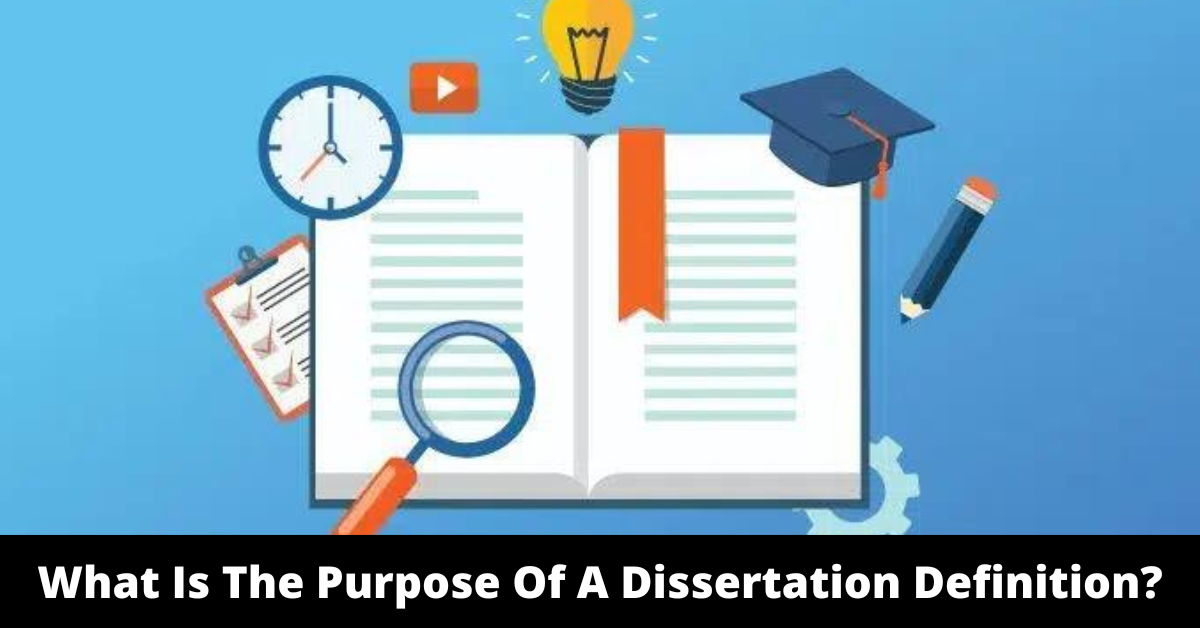A dissertation is a lengthy piece of writing which uses research to present an original thought. Do not attend graduate school unless you’re prepared to compose, for instance, 300 pages dissertation on a particular topic.
We often make fun of people who write dissertations in everyday conversation by saturating us with boring details. Suppose you’re frustrated by an elongated memo from your office supervisor about cleaning up the kitchen and tidying.
Table of Contents
What Is a Dissertation?
The vague dissertation definition reads like this: a massive piece of work that must be completed by the end of a doctoral degree. The meaning of a dissertation can be a bit different. It’s an academic argument, a literary piece of writing built on research or data an academic has collected during their investigation.
The list of competencies includes research abilities and methodologies. It’s helpful to consider dissertations as the culmination of all the essays and assignments students have written throughout their education. It involves gathering data in a way, synthesizing it, and putting it into an academic format. It could also be viewed as an opportunity to study the field of study that a student is studying.
The Most Common Issues That Doctoral Students Have To Deal With While Working On Their Dissertations Are:
- Inability to define the dissertation and its objectives correctly,
- The desire to delay working until the final minute,
- Insufficient research skills,
- And inadequate writing abilities.
The task seems daunting. We suggest studying this article to learn more about the meaning of a doctoral dissertation and the methods to complete this essay. You can also take advantage of our writing assistance.
What is the Purpose of a Dissertation?
A dissertation at a university is an assessment, but unlike other module tests, the dissertation is an independent learning project. That is, every student has the opportunity to present their conclusions as a response to an inquiry or research proposal that they choose. In the real world, students receive help from their PhD advisors. However, their involvement as an instructor or supervisors is restricted to the role of guidance.
The main reason to subject students to dissertations is to evaluate their research abilities and the understanding they gained from the university. The most important thing is that dissertations are usually completed in the final stages of a doctoral degree and aid in determining the student’s final grade.
Are There Two Kinds Of Dissertations?
The kind of dissertation you submit will differ based on the subject you’re studying. One of the most significant distinctions is between non-empirical and empirical dissertations.
Empirical dissertations are dissertations that involve the collection of data, like in the field of psychology. This could include applying ethical and professional standards in collecting information from the general public. Empirical dissertations on the life and natural sciences could be entirely or focused on lab research.
Do You Have To Graduate With A Dissertation?
Suppose you can prove that you can write long and efficiently and possess the ability to research. In that case, you might still be able to gain admission into a Masters without completing an undergraduate dissertation definition in the main.
Conclusion
In the final part of your dissertation, in conclusion, you must answer your research question clearly and concisely. It is a good idea to end your thesis with a conclusion analysis of the work you’ve completed and how you accomplished it.

